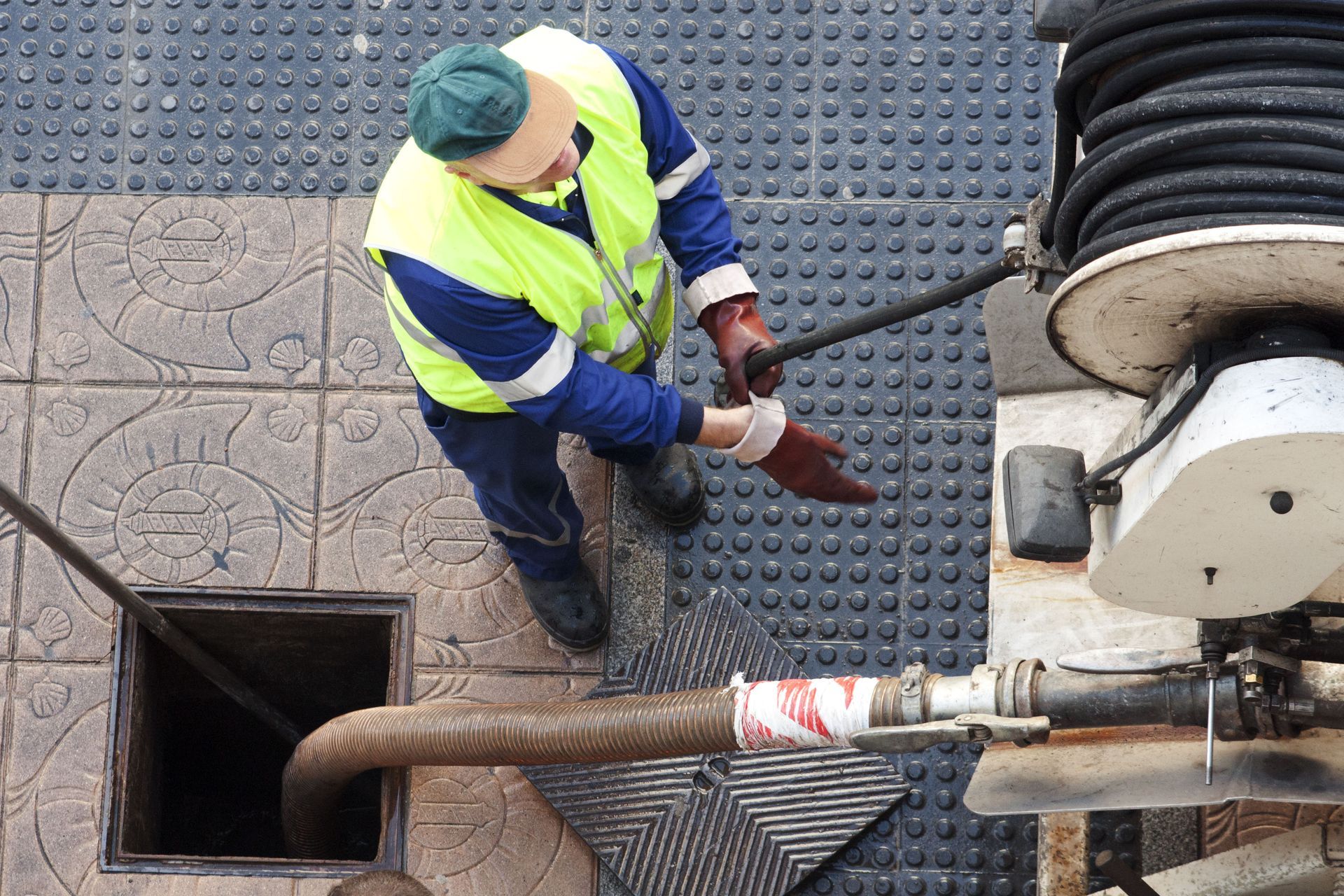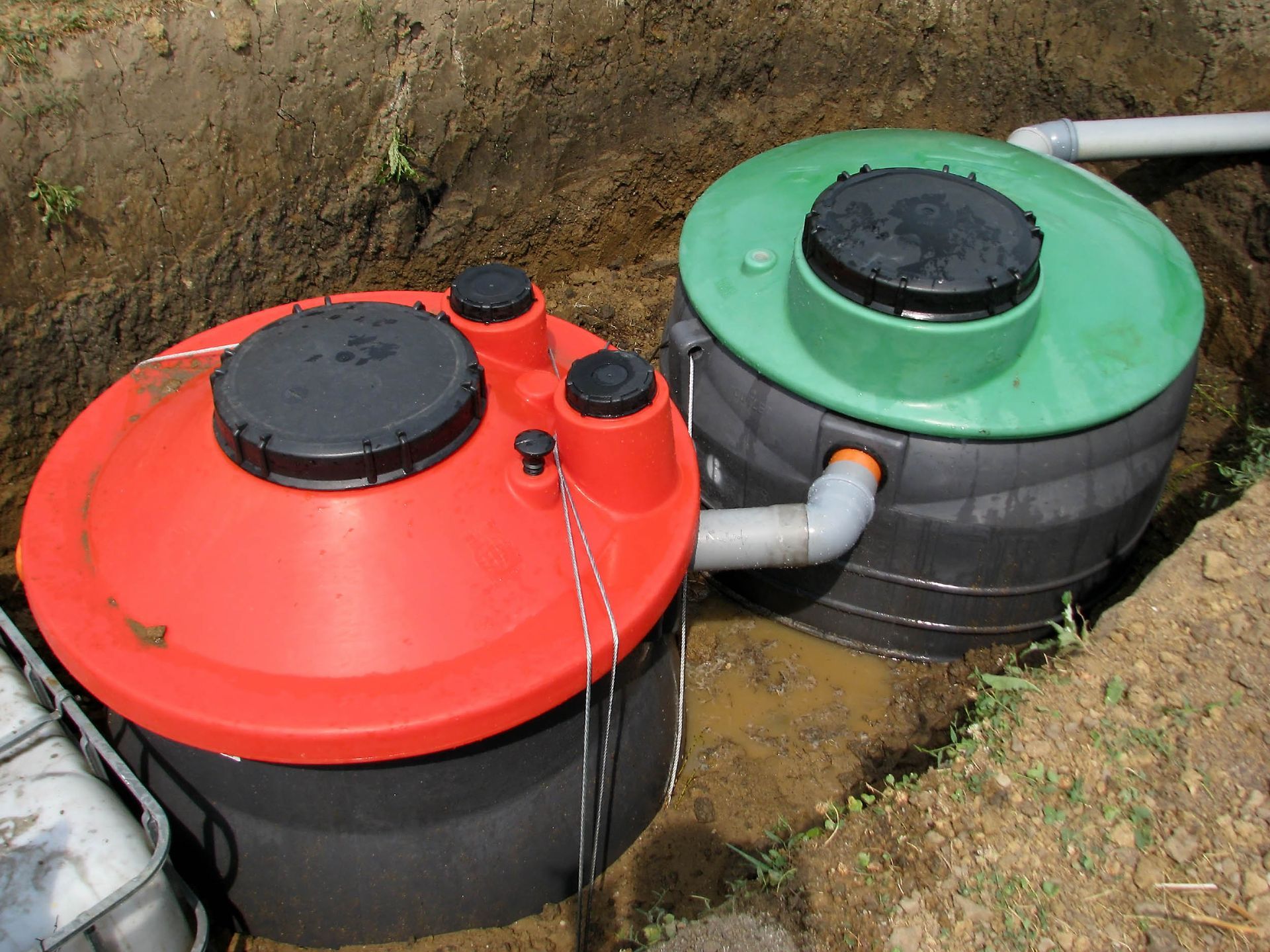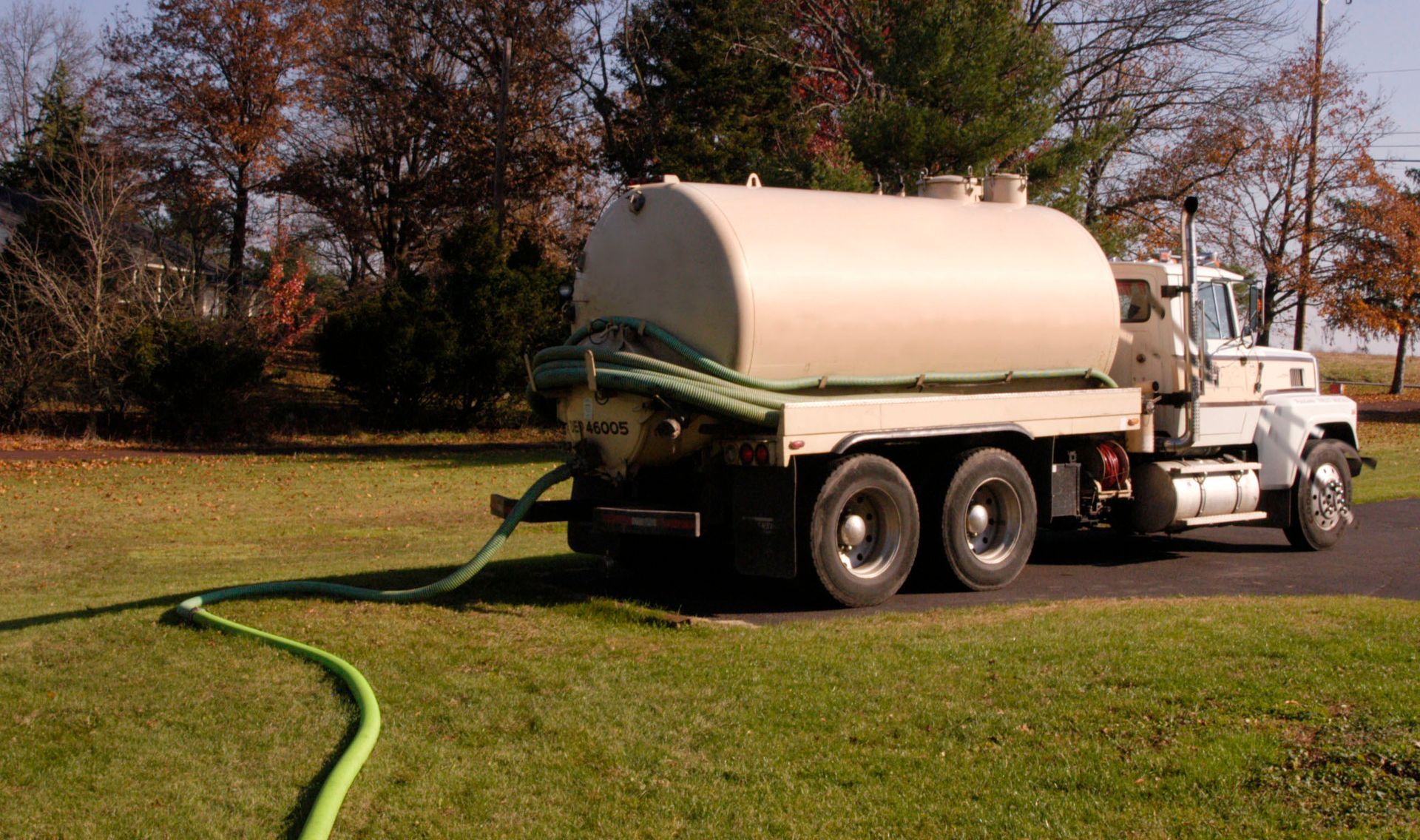5 Problems That Can Be Prevented With Regular Septic Pumping
In this article, we will explore the various issues that can be avoided by maintaining a regular septic pumping schedule. Understanding these potential problems can save homeowners a lot of time, money, and inconvenience. A well-maintained septic system operates efficiently, reducing the need for emergency repairs. Through regular inspection and pumping, homeowners can avoid unexpected complications.
This article aims to highlight the significance of consistent maintenance for septic systems. Neglecting proper care can lead to unpleasant odors, system backups, and costly repairs. Regular upkeep helps extend the lifespan of the septic system, protects the surrounding environment, and ensures proper wastewater treatment. Homeowners who stay proactive with maintenance not only preserve the value of their property but also contribute to the overall health of their community.
1. Preventing Sewage Backup
Sewage backup is often a consequence of a severely clogged septic system. If solids accumulate beyond their capacity, they can begin escaping into the drain field, leading to obstructions. Over time, this blocks the regular flow of wastewater, causing it to back up into household pipes. This not only results in unpleasant overflows but also requires immediate professional intervention to resolve. Routine septic tank pumping can prevent backups by ensuring the system consistently operates below capacity.
According to This Old House, a 1,000-gallon septic tank used by a family of four typically needs pumping every three to five years. This frequency ensures that the solids are kept at manageable levels. Scheduling regular pumping can significantly reduce the risk of overflow and system failure. By preventing solids from interrupting the natural flow of water, homeowners can avoid costly repairs and health hazards. Proactive maintenance is a simple step to avert serious septic issues.
Financially, sewage backups can impose a significant burden on homeowners. Beyond emergency repair costs, backups can damage property and require extensive cleaning. Insurance may cover some expenses, but not all policies include septic backups. Furthermore, these incidents can devalue a property if they occur repeatedly or are left unresolved. Investing in regular septic maintenance is more economical than addressing frequent backups.
2. Avoiding Drain Field Malfunctions
Drain fields, or leach fields, play a crucial role in waste treatment within a septic system. It acts as the primary area where effluent, cleared of solids, is naturally treated through soil absorption. If maintained properly, the drain field facilitates the breakdown of remaining pathogens, reducing environmental impact. Its design allows wastewater to dissipate over a broad area, preventing saturation. Regular pumping ensures solids do not escape into the drain field, maintaining its functionality.
Saturated drain fields lose their ability to appropriately filter wastewater. Effluent may emerge onto the surface as puddles, producing unpleasant odors and potential health risks. Over time, saturation can lead to soil compaction, further reducing absorption efficiency. Property owners may observe wet patches on lawns or reduced drainage, indicating field failures. Addressing these issues requires costly renovations, which can be avoided with regular septic maintenance.
Regular septic pumping and inspections preserve the integrity of a drain field. By ensuring tanks do not overflow, the system can continue processing wastewater effectively. Regular checks allow for early detection of potential issues, mitigating the risk of malfunction. A maintained drain field prevents the need for disruptive excavation and costly replacements. It ultimately ensures the septic system remains an effective long-term solution for waste management.
3. Reducing Foul Odors
Foul odors often originate from improper septic tank maintenance. When solids are not removed regularly, they accumulate and produce gases. These gases can escape through plumbing or even onto the yard. The presence of these odors usually indicates a need for immediate septic intervention. Eliminating such odors involves both professional pumping and homeowner engagement in routine checks.
Persistent septic odors can severely affect quality of life. Homes may become uncomfortable due to constant exposure to unpleasant smells. This disruption can extend to social settings, as odors become noticeable to guests. Furthermore, they can attract unwanted wildlife, causing secondary issues. Addressing odor issues promptly through regular pumping preserves domestic comfort and appearances.
To manage and eliminate septic odors effectively, some homeowners use biological additives. These products help maintain bacteria levels needed for effective breakdown of waste. Sometimes, adding or repairing vent stacks can enhance airflow, preventing gas accumulation. Ensuring regular septic pumping, especially when odors arise, remains a primary course of action. These collective efforts help maintain a fresher, healthier home environment.
4. Mitigating System Overloads
System overloads are often marked by slow drains, gurgling sounds, or backups. Homeowners must recognize these warning signs promptly to prevent further damage. Commonly, overloads occur due to excessive water use or infrequent pumping. The initial step involves observation and understanding usage patterns, particularly during periods of heavy household activity. Early intervention and scheduled maintenance can alleviate the pressures of system overload.
Continued excessive use without adequate pumping can strain septic systems. Overloads diminish the system's ability to effectively process water, exposing it to increased risk of failure. Robust systems are designed for moderate use, ensuring waste is processed without complication. Ignoring usage limitations can lead to frequent backups, elevating repair needs. By managing household water use responsibly, the septic system can function optimally under regular conditions.
Promoting water conservation practices benefits septic systems by reducing user-induced strain. Efficient fixtures such as low-flow toilets and showerheads minimize daily water output. Mindful use, such as spreading out laundry loads, can prevent instant overloads. By adjusting these habits, homeowners reduce pressure on septic systems. When combined with regular maintenance, water conservation serves as a proactive measure for system preservation.
5. Prolonging System Lifespan
Septic systems represent a significant investment for any property. Premature failures demand expensive replacements, which often have financial implications for families. Restoring or replacing septic systems is not only costly but also disruptive to daily routines. Homeowners who prioritize regular maintenance tend to avoid such expenditures. Documented checks and pumping schedules protect against unexpected financial burdens, preserving both system integrity and homeowner savings.
Extending a septic system’s lifespan offers multiple invaluable benefits. Properly maintained systems can operate well beyond their expected duration. This ensures consistent waste management without frequent interruptions or repairs. Long-lasting systems contribute to property valuation, highlighting upkeep and functionality. Overall, these advantages reinforce the importance of committing to regular septage care.
Scheduled inspections help homeowners identify issues early before they require large-scale interventions. Professional evaluations can assess components, suggest necessary repairs, and recommend optimal pumping schedules. This proactive approach ensures no element of the septic system is neglected, preserving its efficiency and lifespan. Beyond septic pumping, these assessments provide a comprehensive view of a system’s health. Together, inspections and regular pumps form a robust care strategy for any septic setup.
Regular septic pumping presents numerous benefits that can prevent a range of problems, from environmental issues to costly repairs. By adhering to a proper maintenance schedule, homeowners can ensure the efficient and safe operation of their septic systems. Proactive measures in septic care offer long-lasting advantages, including improved system lifespan, reduced health risks, and community-wide environmental protection. Regular septic pumping not only conserves ecosystems but also saves homeowners from burdensome expenses. Ultimately, a commitment to routine maintenance is a viable investment for future peace of mind and property value preservation. For more information about the services that we offer, reach out to our incredible team at Service Connected, Inc today!








Share On: